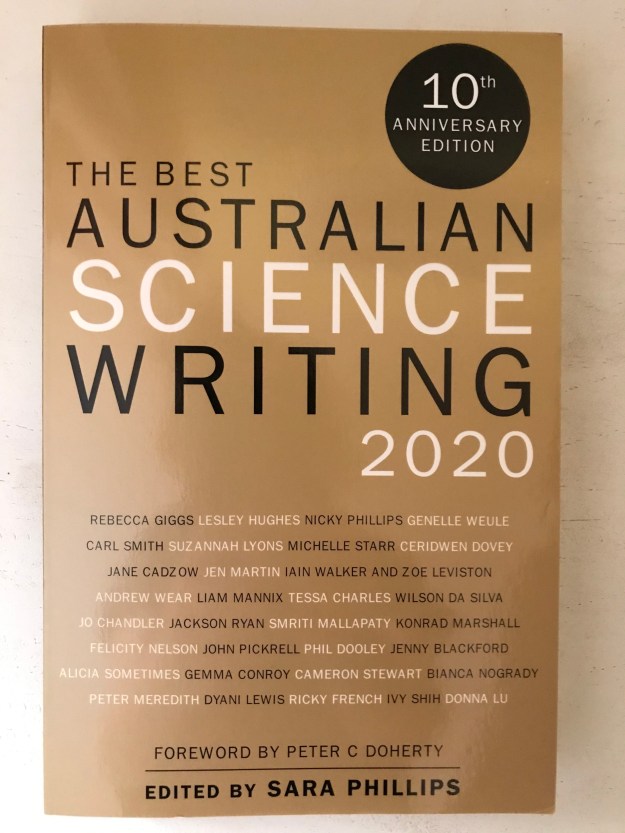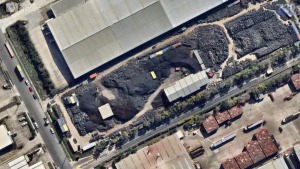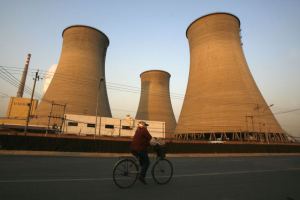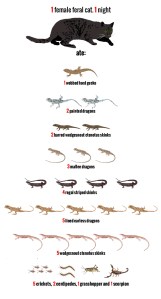Science is a messy business. A product of humans, it has all our flaws. It proceeds in fits and starts. It fails. It goes up dead-ends and gets stuck. It flails hopelessly in confusion. And yet, somehow, through teamwork, perseverance, and often, sheer bloody-mindedness, little wonders emerge.
This year, I had the very great privilege of editing the Best Australian Science writing. What better thing to do in a year of COVID lockdown that to read through hundreds of entries to this anthology. The 33 stories that made it in are shining examples of really, really good science writing. They capture the humanity of science. They capture that messiness, the uncertainty, and they present it honestly.
And who better to write the foreword to such a book than a Nobel-prize winning immunologist? Peter Doherty is not only a great scientist, but an enthusiastic speaker and writer on science for non-experts. His ongoing support for this anthology is evidence of his belief that science is not complete until it’s communicated.
Thanks too, to Merlin Crossley, Jodie Bradby, Helene Marsh and Matthew England for being a reliable go-to scientific committee that vetted the shortlist.
People often ask me what I looked for in “good science writing”. To me, it is a story that is effortless to read; a story that barrels along in such a fascinating manner, you’re sad to reach the end. And when you do, you realise that you have learned a vast amount about a topic you hadn’t even heard of before.
It’s also the research. I like to see evidence that a writer has dug deep to find new gems. Ceridwen Dovey, who won this year’s Bragg Prize for science writing went back to the original Apollo mission logs to check her facts. Runners up Konrad Marshall and Ricky French went into the field, searching for possum poo with researchers, or visiting sterile frog breeding facilities, to secure their stories. Lesley Hughes must have drowned in an ocean of research on synthetic milk production. And John Pickrell added to his already prodigious knowledge of all things palaentological to discuss new research on the ear-bones of early mammals.
But more than anything else, I love the nexus between intellect and emotion in good science writing. Being an intellectual pursuit, you expect a science story to bring you new knowledge. But when science writers wrap that new knowledge in cloak of heartstring-tugs, that’s when they lift science writing to the level that gets them into the annual anthology. To paraphrase every movie trailer ever, the stories in this book will make you laugh, they will make you cry, they will make you wonder at the mysteries of the universe, they will make you rage, they will make you nervous, they will make your heart sing.
Summer is coming in the southern hemisphere. Time to relax and revive. And the northern hemisphere is staring into the face of a long, dark winter of COVID lock down. In both of these circumstances, a good book is the companion you need to get you through to 2021.
Buy your copy here, or in all good bookshops https://www.bookshop.unsw.edu.au/details.cgi?ITEMNO=9781742236841&09540800







